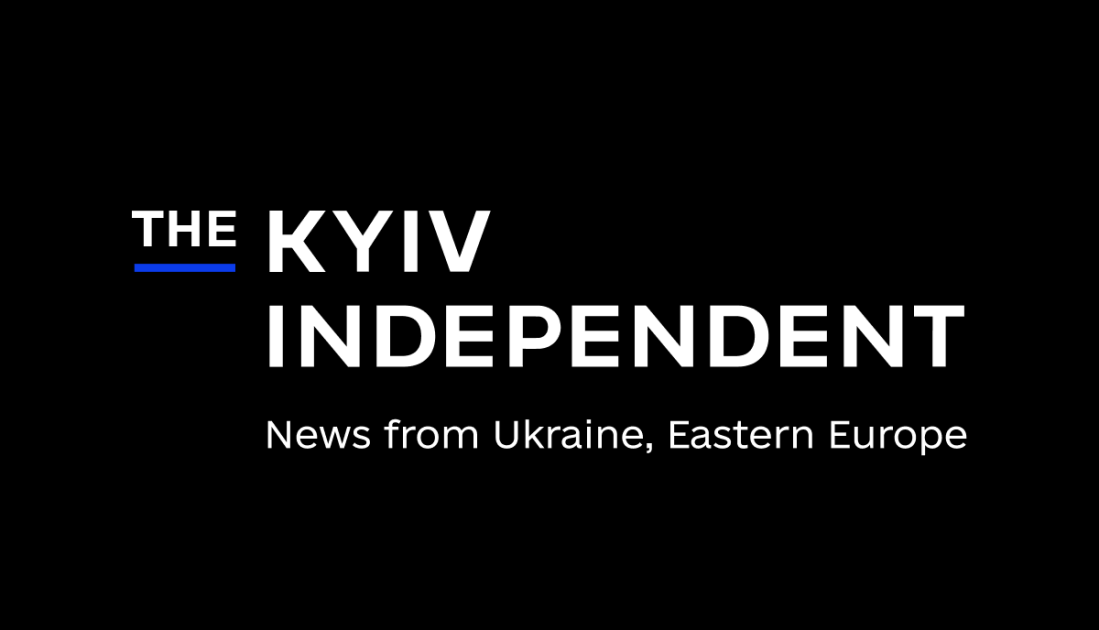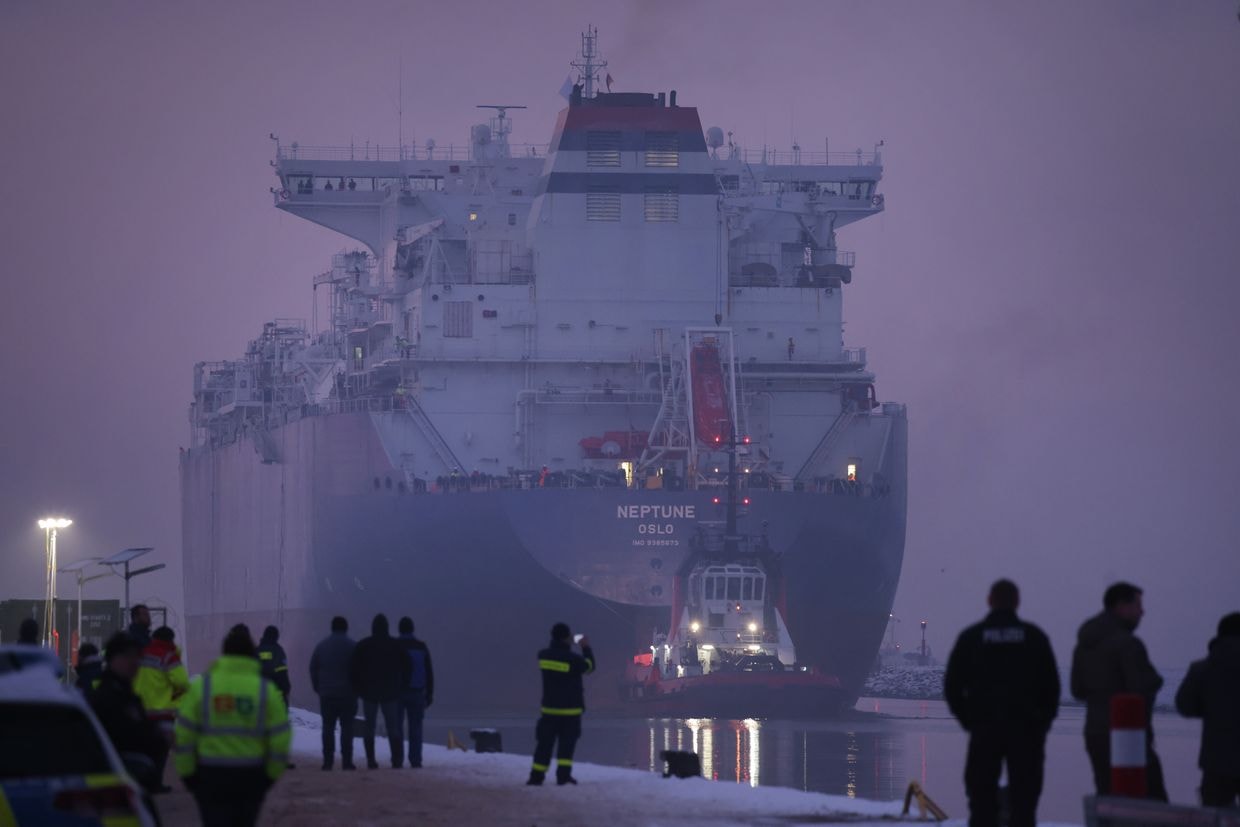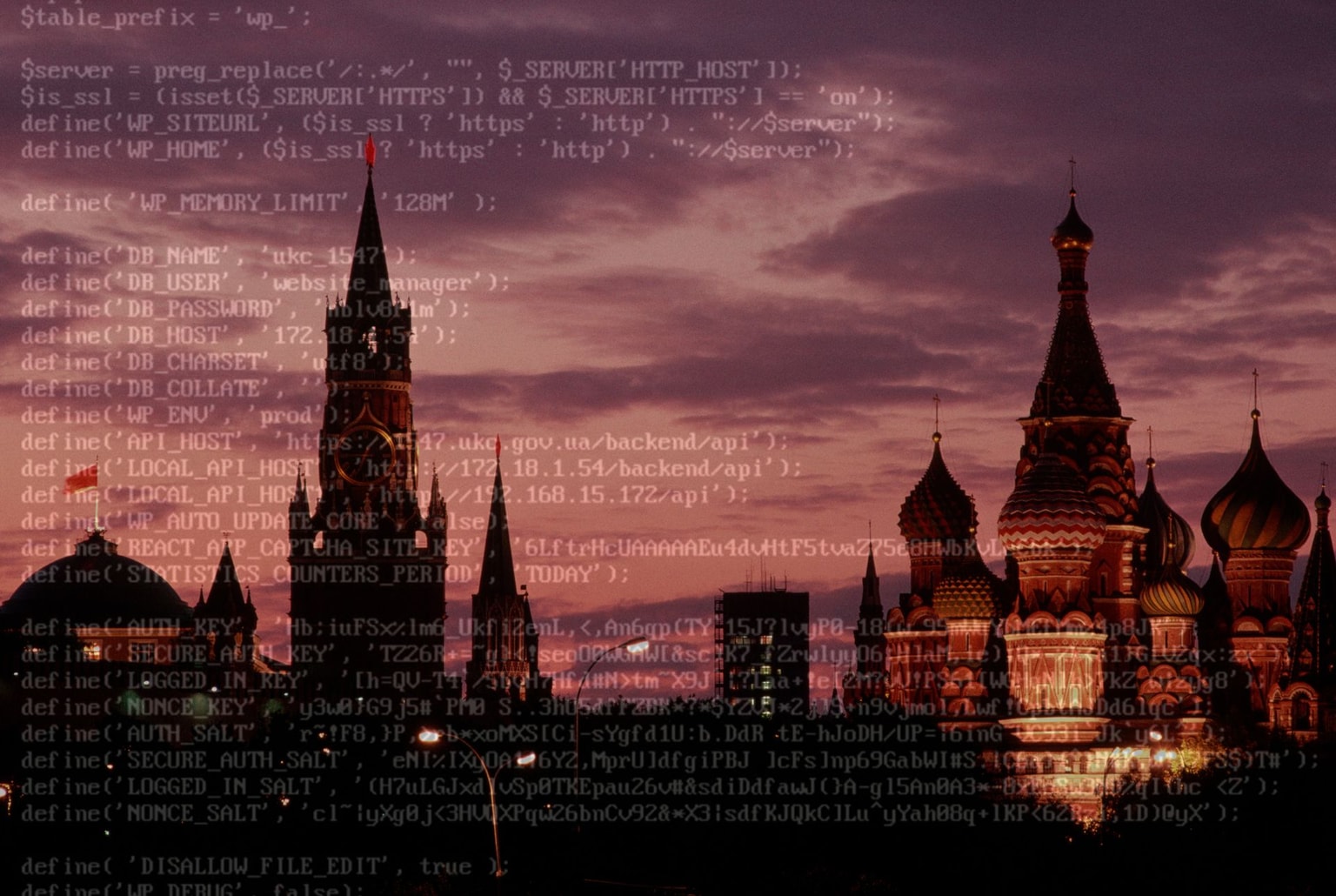The European Union is discussing a new sanctions mechanism aimed at third countries that are not doing enough to prevent Russia from bypassing restrictions already in place, Bloomberg reported, citing people familiar with the issue.
The sanctions tool is aimed at deterring nations from helping Russia and cutting off trade channels that Moscow could potentially use, the people told the publication. The measures will likely focus on countries in central Asia and Russia’s immediate neighbors.
If the mechanism is ineffective, the next step will be targeted restrictions on key products, Bloomberg wrote.
In its upcoming sanctions package, the EU also reportedly plans to expand several existing export control measures and ban many goods transiting through Russia.
The 11th package since February 2022 will mainly concentrate on closing loopholes in imposed measures used by Russia to evade restrictions, in particular to import banned goods through third countries.
According to Bloomberg, Russian imports of goods such as semiconductors and integrated circuits from countries like Kazakhstan, the United Arab Emirates, Turkey, and China have increased dramatically since the start of the full-scale war in Ukraine.












